Professional solutions on concrete addtives, Concrete Foaming Agent, Superplasticizer, CLC Blocks Additives, and foaming machine

Special Cement
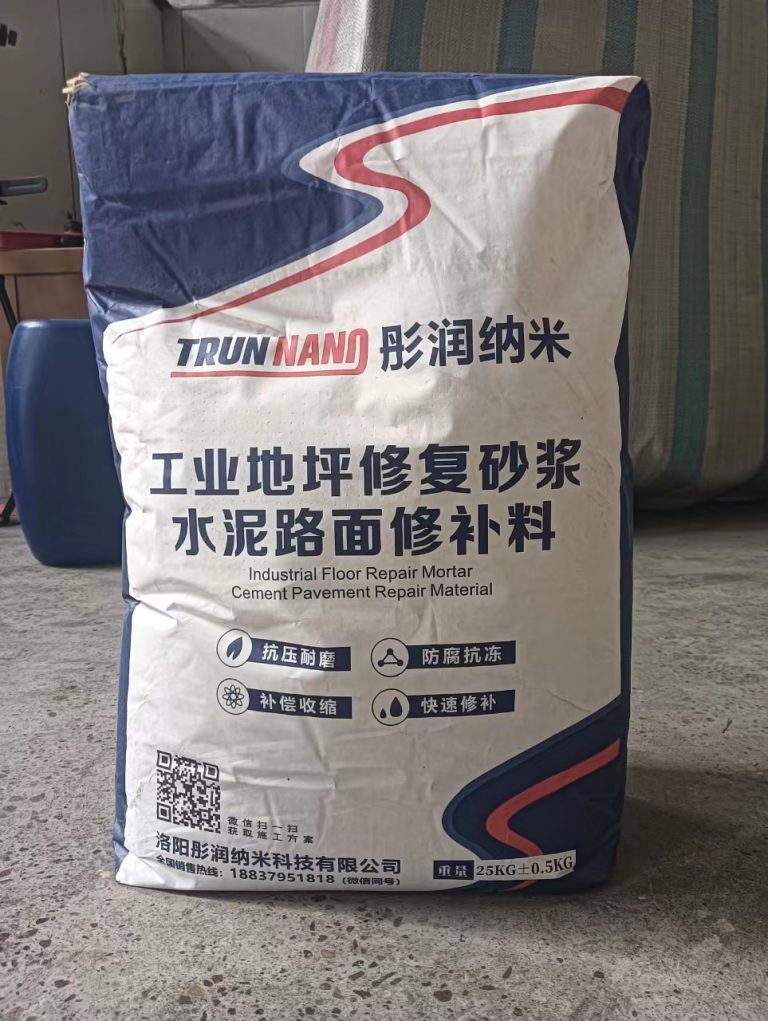
Pavement Repair Mortar
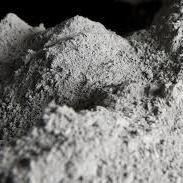
Special Gelling Agent TR Belite Sulphoaluminate Gelling Agent For Cement Concrete Use
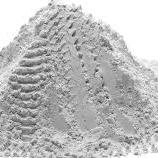
Special Cementitious Material TR White Super High Strength Fast Hardening Sulphoaluminate Gelling Agent For Cement Concrete use
Overview of Special Cement
Special concretes are ranges of concrete designed to fulfill details building and construction requirements that ordinary Portland cement (OPC) might not fulfill. These concretes are crafted to deal with particular obstacles such as heats, aggressive chemical environments, fast setting times, or boosted sturdiness. They include types like white cement, rapid-hardening concrete, expansive concrete, sulfate-resisting cement, and low-heat cement, to name a few.
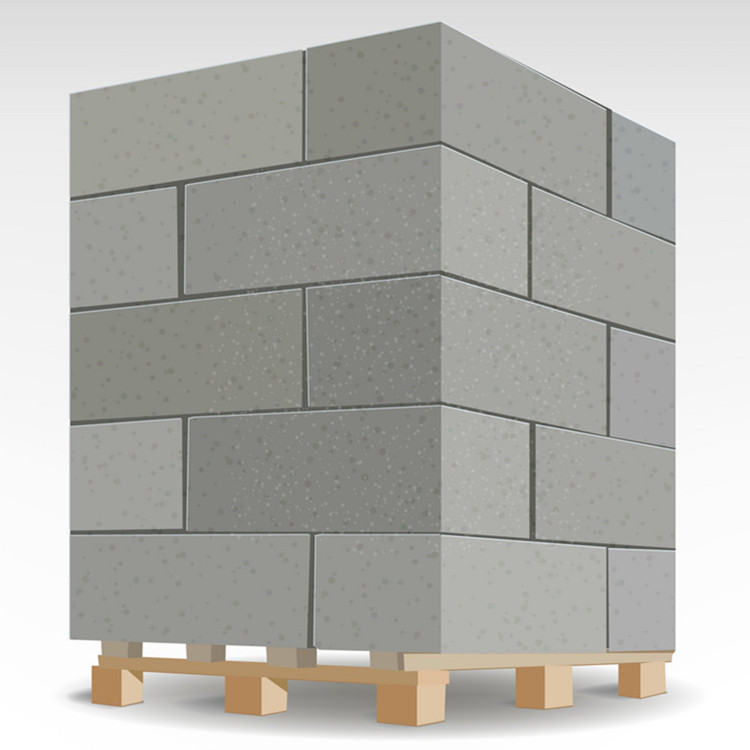
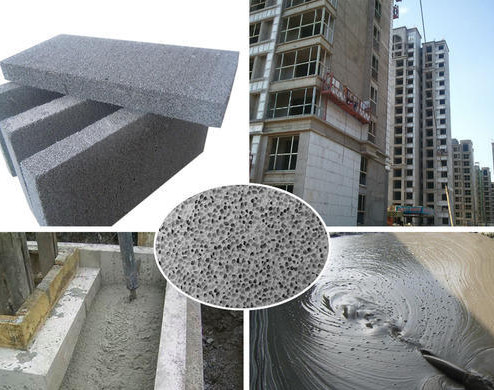
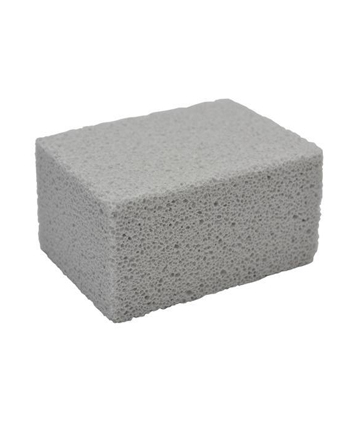
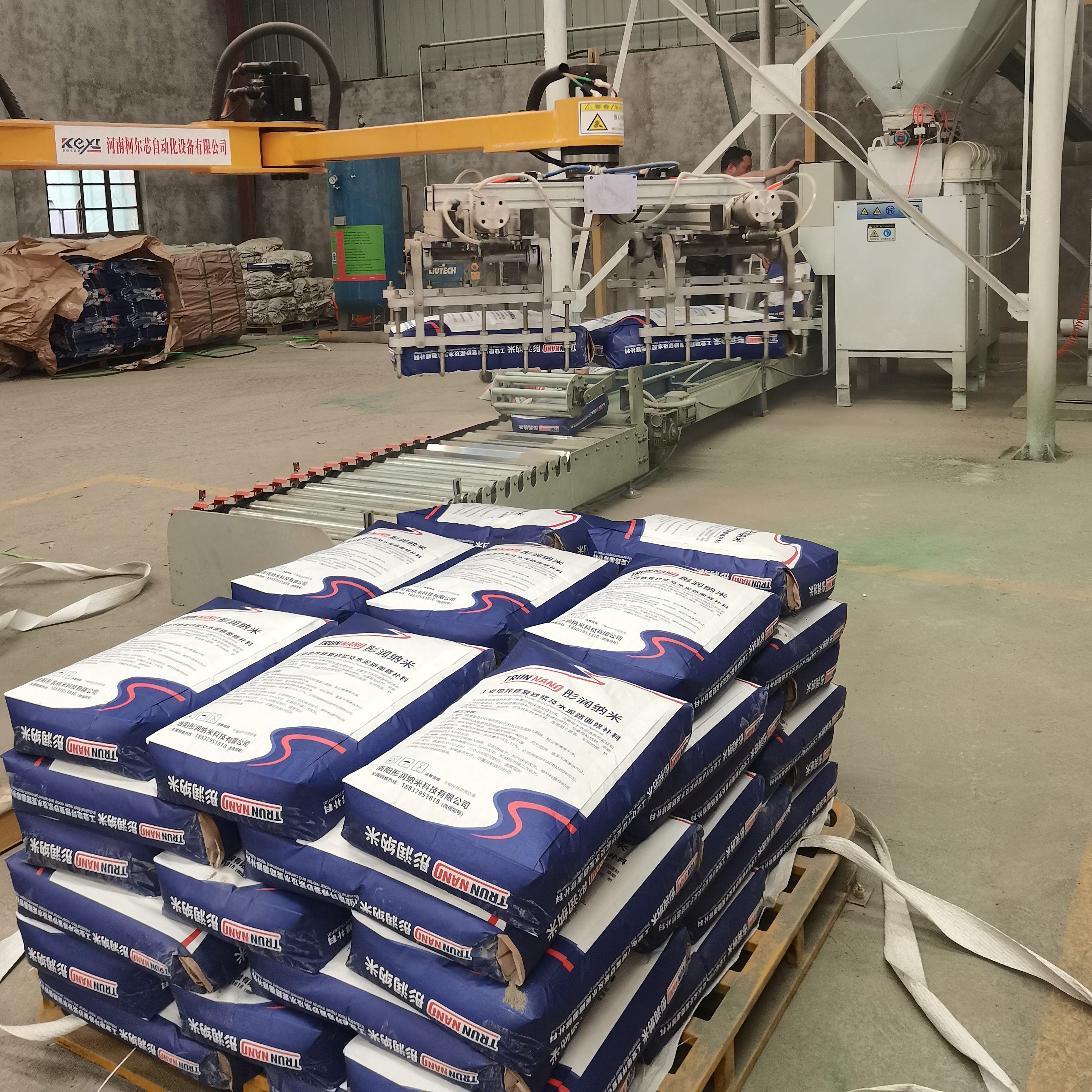
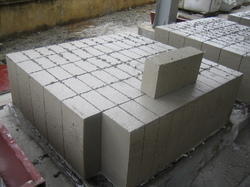
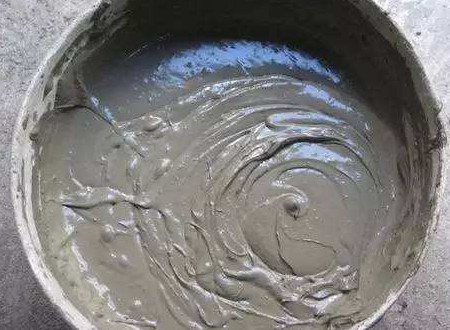
Features of Special Cement
Resistance to Chemical Assault: Particular unique cements, like sulfate-resisting concrete, are formulated to resist attack from sulfates and various other destructive substances located in dirt and groundwater.
Thermal Stability: Low-heat cements produce marginal warm during hydration, making them appropriate for mass concreting where thermal breaking is a concern.
Fast Solidifying: Kinds like fast-setting cements can achieve very early strength swiftly, minimizing the waiting period in between positioning and more construction tasks.
Improved Durability: Special cements can improve the longevity of concrete structures, particularly in extreme environments, by offering far better resistance to weathering, abrasion, and disintegration.
Esthetic Charm: White concrete and tinted cements are made use of for decorative objectives, enabling the creation of aesthetically appealing concrete surfaces.
Low Alkali Content: Some unique cements have low antacids material to lessen the danger of alkali-silica reaction (ASR), which can create expansion and fracturing in concrete.
Applications of Special Cement
Framework Development: Sulfate-resisting and low-heat concretes are perfect for bridge structures, tunnels, and huge dams where chemical resistance and thermal control are crucial.
High-Strength Concrete: Rapid-hardening concretes are utilized in precast concrete aspects and high-strength concrete applications needing fast turn-around times.
Ornamental Concrete: White cement and colored cements are preferred in architectural tasks for their ability to develop vibrant and distinct designs.
Repair and Reconstruction: Large concretes are made use of in repairing cracks and spaces in existing structures due to their self-compacting nature and capacity to load voids firmly.
Marine Structures: Concretes with high sulfate resistance and low leaks in the structure are utilized in marine environments to secure against chloride-induced deterioration of support.
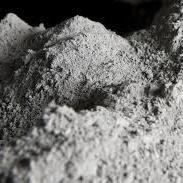
Company Profile
Cabr-Concrete is the global leader in Low-Density Cellular Concrete (LDCC), Celluar Light Concrete (CLC), and advanced engineered foam solutions. Known globally for its commitment to research, innovation, and applied expertise, we have been providing engineered foam solutions since the early 2012's.
We can supply high-quality Special Cement. The company has a professional technical department and quality supervision department, a well-equipped laboratory, and equipped with advanced testing equipment and after-sales customer service center.Send us an email or click on the needed products to send an inquiry.
If you want to know more about Special Cement, please feel free and contact us: sales@cabr-concrete.com
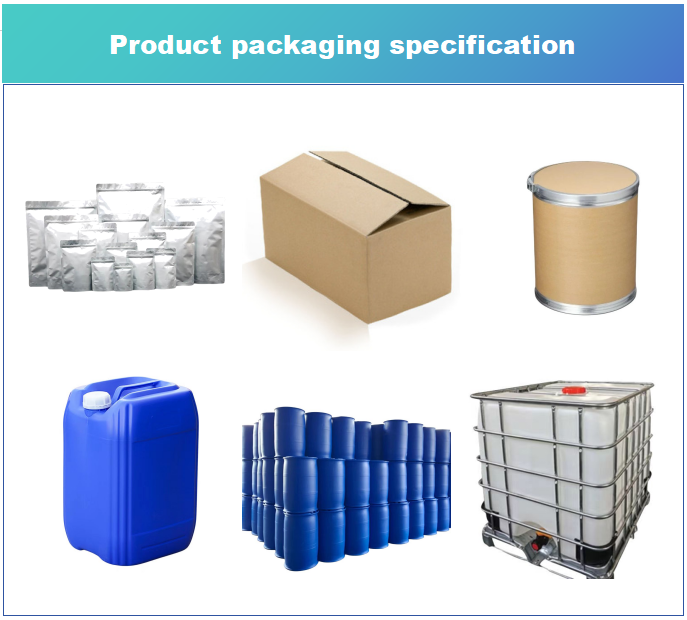
Package of Special Cement
25Kg woven outer bag lined with plastic bag, stored at room temperature away from light, moisture and rain.
Storage of Special Cement
Q: What are the three types of cement?
A: Common cements are mainly divided into ordinary Portland cement, slag Portland cement and pozzolanic Portland cement. Ordinary Portland cement is suitable for general construction projects; slag Portland cement is suitable for large-volume concrete projects because it has good heat resistance and corrosion resistance; pozzolanic Portland cement is mostly used in underground or underwater projects, which can enhance the density and impermeability of concrete.
Q: What is the strongest cement?
A: White cement is generally considered to be not because of its color but because of its high purity, but in terms of strength, high-strength grade ordinary Portland cement (such as P·O 42.5R or higher) is a stronger choice. In specific applications, special cements such as rapid hardening cement or sulphoaluminate cement can provide higher early strength. The strongest cement depends on the specific application scenario and requirements.
Q: How to use special cement?
A: Special cements include but are not limited to rapid hardening cement, expansive cement, etc. Before use, the appropriate water-cement ratio and mixing time should be determined according to the product instructions. Ensure that the construction environment meets the temperature and humidity requirements and take necessary maintenance measures. For example, fast-hardening cement needs to be mixed quickly and used immediately to take full advantage of its rapid setting properties. Each specialty cement has unique properties and application scenarios, so be sure to follow the manufacturer's instructions.
Q: What is high-alumina cement?
A: High-alumina cement is a special cement with calcium aluminate as the main component, usually containing more than 30% alumina. It has the characteristics of rapid hardening, high early strength, and good fire resistance. It is suitable for emergency repairs, high-temperature furnace linings, and acid and alkali corrosion environments. Due to its special chemical composition, high-alumina cement performs better under certain specific conditions than ordinary Portland cement.
Q: How to use masonry cement?
A: Masonry cement is mainly used for bonding masonry structures. When using, add water in proportion and stir to the appropriate consistency to ensure that the mortar is uniform and free of lumps. Apply the mixed mortar between the bricks and stones to ensure sufficient thickness to fill the gaps. After the masonry is completed, the wall should be moisturized and maintained in time to avoid the mortar from drying too quickly and affecting the bonding effect. In addition, pay attention to the construction environment temperature should not be too low, so as not to affect the normal solidification process of the cement.
